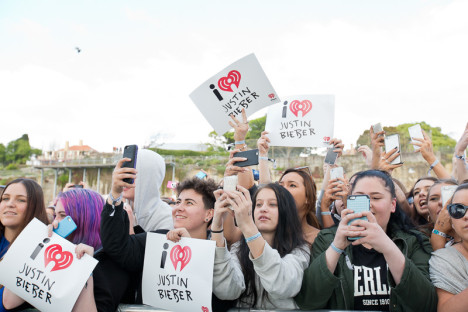What fandoms have taught me about community management
Television shows and movie fans can help community managers understand and manage their communities, writes Quiip’s Danielle Schwerin
Living is learning. If you’re open to the experience, there are many many ways you will gather and apply knowledge in your career.
As a community manager, my participation in communities (both online and offline) has been just as important to the development of my skills and strategic thinking as professional training has.


